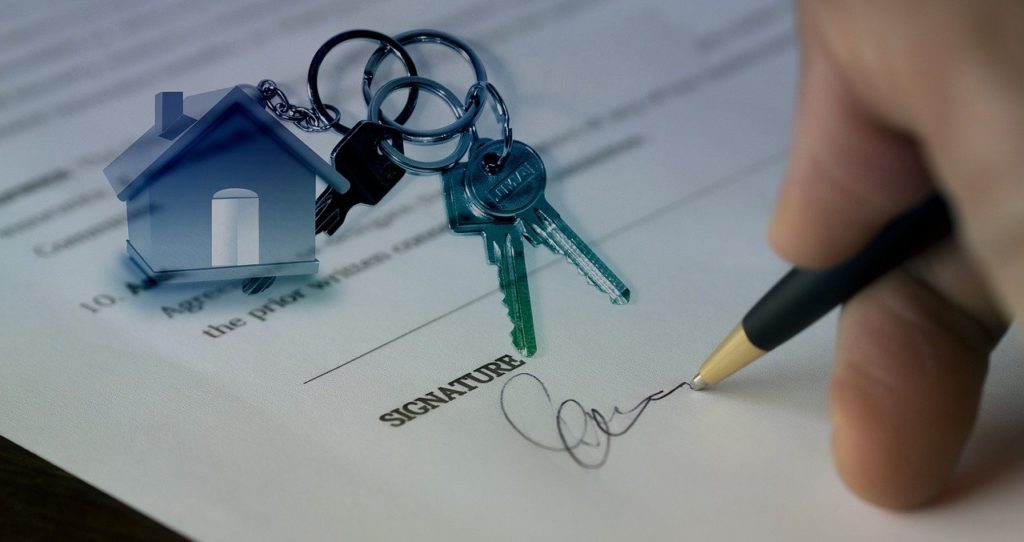When the coronavirus first broke out, the real estate industry in Utah suffered tremendous losses as buying a house became the last thing on most people’s minds. Just like in other states, many potential buyers that were scheduled to visit properties and finalize purchase decisions in May were unable to complete their transactions. Even those that only had to sign on documents also hesitated: the gravity of the pandemic was just becoming clear. People wanted to save in the event that their livelihoods are affected by the pandemic. No one wanted to be burdened with new and massive financial obligations while it’s still unclear what the future will bring.
A Revival in Utah’s Real Estate Market
Fast-forward to November 2020: the world is still waiting for a vaccine against COVID-19, but society has learned and adapted to a new normal. Just recently, for example, Governor Gary Herbert announced a state-wide mandate that required people to wear masks in public and to maintain a six-foot distance between themselves and people they don’t live with.
With people and businesses in Utah starting to get their groove back, the real estate industry is also now recovering from its slump in June and July.
Simply put, now is a good time to invest and buy property in Utah. The climate that emerged because of the pandemic may have initially harmed the industry, but it has now laid the groundwork for the increases in real estate activity that we’re seeing today.

Below are the reasons why it would be worth applying for a conventional, jumbo, USDA, FHA, or VA home loan right now and buy a house in Utah:
- The pandemic has resulted in a mass exodus from the city centers. People who previously lived and worked in the city relocated back to their homes at the height of the lockdowns and social distancing regulations. Many housing units became available for rent and purchase at more affordable prices, as a result.
- Utah’s job market took a hit because of the pandemic, but reports show that a growing number of Utahns have stopped claiming jobless benefits from the state. This suggests that unemployed workers are now slowly getting back to work. Even during the early months of the pandemic, the unemployment rate in Utah has been lower than the national average. The state had the country’s lowest jobless rate in July, for example, at 4.5%. The national average, in comparison, was at 9.2%.
- With more companies allowing employees to work from their homes indefinitely, many now have the freedom to live wherever they want. They can, for example, stay close to nature and buy a house in the Wasatch Front even if the company they’re working for is headquartered at Salt Lake City.
- One of the effects of the pandemic on Utah’s housing market is that interest rates for mortgages fell. The Salt Lake City metropolitan area became the third most competitive housing market in the country, as a result. Freddie Mac also reported that for the first time in 50 years, the 30-year fixed interest rates for home mortgages were lower than 3%. This means that even though a lot of properties were vacated earlier this year, they are quickly getting snapped up by interested home buyers.
Affordable mortgage rates, more options for both town and country living, the availability of various home loan options — there’s no telling if such ideal market conditions for house buyers will appear again soon. Anyone who’s considering relocating or investing should definitely consider buying a house in Utah at this time.

